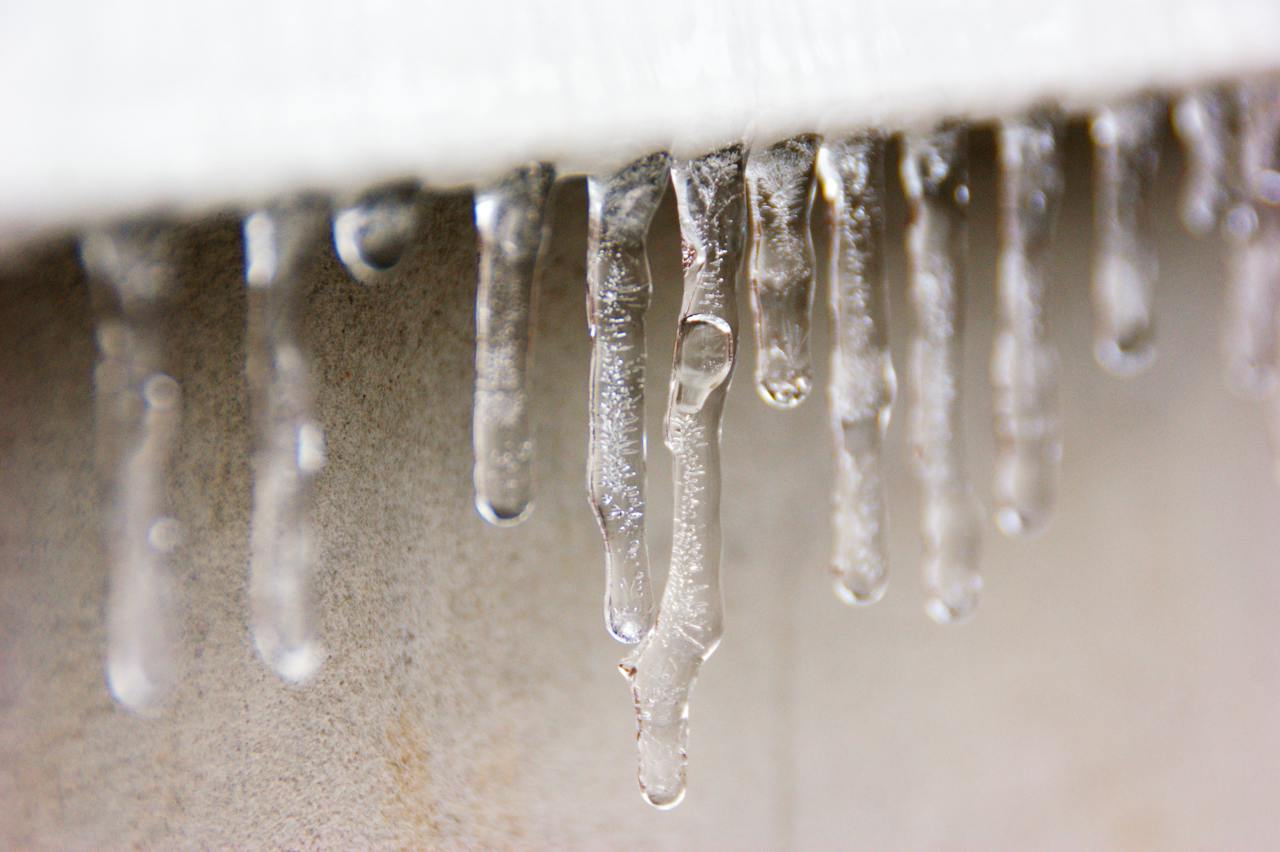Due to the frost that prevails in the winter months, special attention should be paid to the protection of the pipes of the house. More specifically:
• Locate your property’s central and peripheral isolation valves (switches) and check that they are working properly. Also, make sure exactly which water meter is yours (for buildings or buildings with more than one water meter).
• Ensure that external water installations (well with water meter and valve, solar water heater pipes, surface piping system, balcony taps, etc.) are insulated. If any of the above is not protected, ensure that it is insulated as soon as possible (placing fiberglass or other similar insulating material on the valves and straw, old clothes, newspapers inside the hydrometer well).
• Check and make sure the water mains switches are on and off and working properly.
• Especially at night, leave the central heating on, at a constant temperature, to prevent pipes from freezing.
• If you have a solar water heater, make sure during the frost (especially in the evening hours) to close the water supply to the water heater and empty the water from the system. If this is not possible, you can leave a tap on the hot water circuit slightly open (drip). Caution! This measure can significantly increase the water bill! Also find out if antifreeze has been installed by the manufacturer or by the specialist who installed your solar water heater (case of closed circuit). If not, be sure to get the proper antifreeze and install it.
• Make sure that gutters on balconies and roofs are clear of leaves and debris so that they can run smoothly, in order not to collect water that will freeze in cold temperatures.
• In case of long-term absence, evacuate (if possible) the piping network.
• If the property’s water supply is eventually cut off due to a frozen plumbing installation (hydrometer, exposed pipes, etc.), we do not heat with torches and other heating means, because it is more likely to create bigger problems. (pipe breaks, etc.)
In general, the instructions of the General Secretariat of Civil Protection regarding the preparation for dealing with frost in residential water supply networks apply:
• Find out where your home’s water meter (clock) is located as well as where the central and peripheral water supply switches are located.
• Check and make sure that the water mains switches turn on and off and operate smoothly.
• Ensure that external pipes (eg solar water heater, balcony taps) are insulated, otherwise get them insulated as soon as possible.
• Isolate or better yet evacuate the solar water heater network if you are going to be away for a long time during the winter. Set your home heating system to automatically operate at low temperatures.
• Turn off the water supply to the solar water heater and drain the water from the system if you are at home during frost and especially at night, otherwise leave a tap running on the hot water circuit.
• Don’t waste water recklessly to remove snow and ice.
• Limit activities that require increased water consumption (washing machines, etc.).
• Find out if antifreeze has been installed in the solar water heater by the manufacturer or installation specialist, in case of a closed circuit. If not, get the appropriate antifreeze and take care of its installation.
• Check for leaks in faucets or cisterns.
• Make sure gutters on balconies and roofs are clear of leaves and debris and are working smoothly.
In addition, in case the central water supply pipes freeze:
• Immediately turn off the main water supply switch of the house and check the water meter. If it continues to work (“writes”) then there is a leak in the network. Turn off the central supply switch and call a plumber.
• If you decide to defrost the pipes, start from the part of the pipe near the switch so that the temperature change is gradual. If you have no results contact a plumber.
• Check if electrical installations are wet or at risk in order to isolate them.
• In any case, faults should be reported by phone to the service’s call center at 2392022355 and after 3:00 p.m. at 6985151955, 6985151953.

